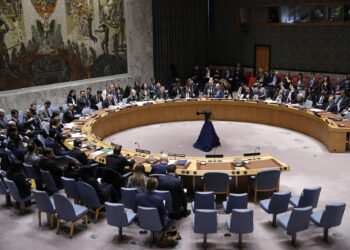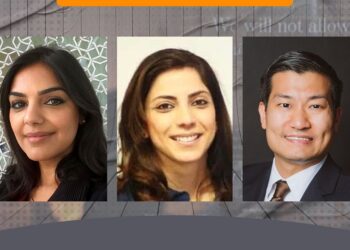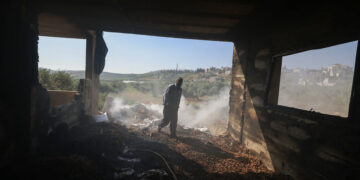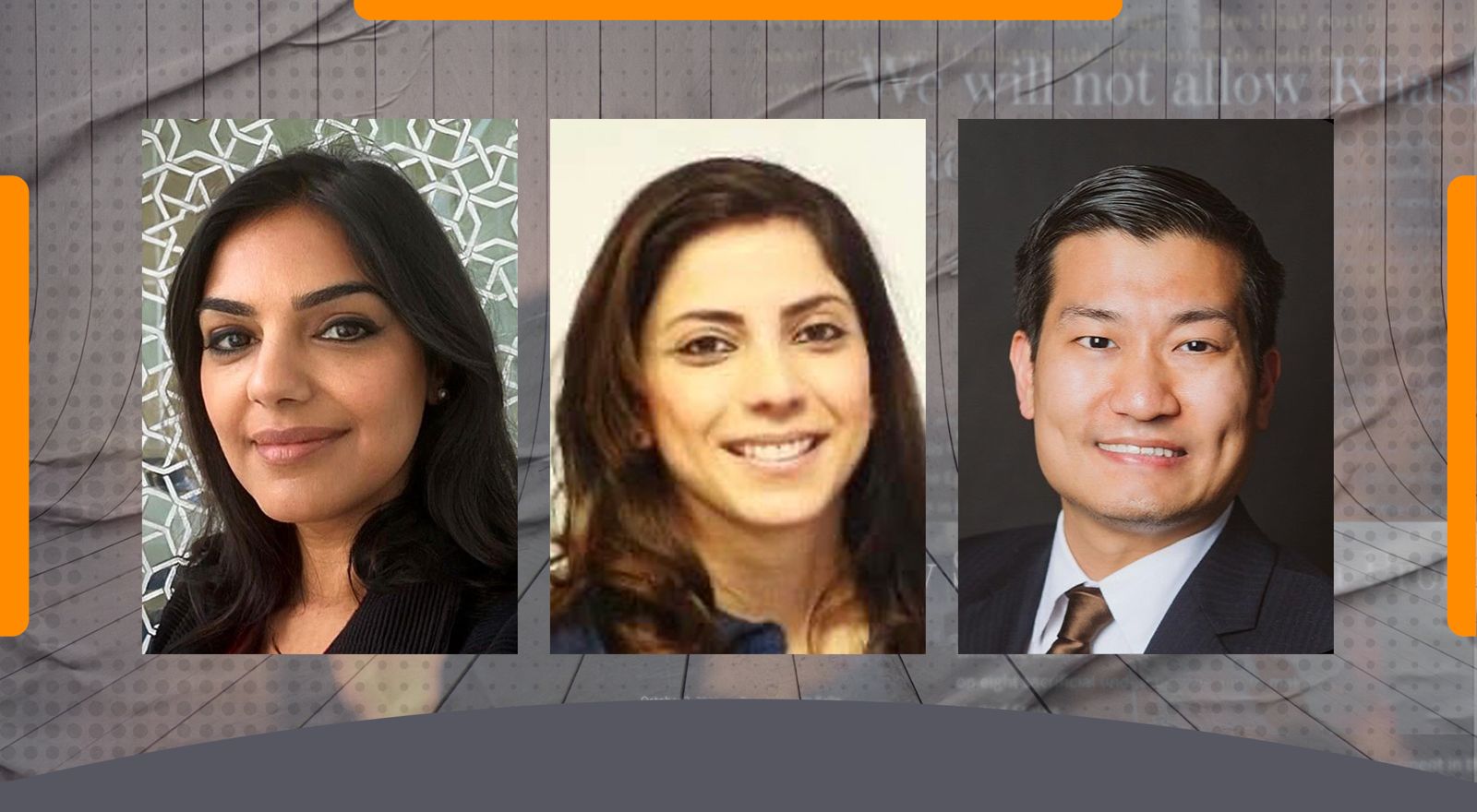Mike Eisner is the General Counsel and Chief Operating Officer of DAWN.
Michael Eisner is the General Counsel and Chief Operating Officer of DAWN (Democracy for the Arab World Now).
Published in Doha News, May 21, 2021
Qatari Emir Sheikh Tamim bin Hamad al-Thani is on the brink of introducing a new measure of democracy in Qatar after details for the country's first elections for its otherwise fully appointed Shura Council were announced by the government on Wednesday.
Free and fair elections for this body will give Qatari citizens some voice in running their own affairs and determining the future course of the country. They will also provide Qatar with an opportunity to further carve out a distinct, more sustainable and inclusive path than its autocratic and violence-prone neighbors.
Amidst a volatile region in which governments routinely imprison, torture and sometimes murder peaceful dissidents, Qatar stands out as a relative oasis of stability. Qatar even has aspects of freer governance, including a constitution that guarantees freedom of speech and press, a vibrant and independent international news agency Aljazeera, and a forward-looking ruler, Emir Tamim, who has voiced support for democratic ideals.
And yet, Qatar's nod toward democracy has thus far been mostly cosmetic as the country still has no independent democratic institutions. In its annual report measuring political rights and civil liberties by country, Freedom House ranks Qatar below Afghanistan and Iraq.
Ranking stable Qatar, where citizens live in peace, below such war-torn countries might seem confusing, but Freedom House's assessment captures an essential truth about the political system of the Gulf state. Unlike Iraqis and Afghans, who vote for parliament representatives and national leaders, Qatari citizens have no meaningful opportunity to participate in government decision-making.
This is to say nothing of the two million of the country's migrant workers, some of whom have no residency rights and continue to face exploitation and abuse by their employers.
The upcoming election for 30 out of the 45 members of the Shura Council has been a long time coming. The Qatari constitution, approved in a popular referendum in 2003, stated that 30 out of the 45 members of the Shura Council would be elected by direct, secret ballot. While successive emirs have scheduled, then cancelled the constitutionally-mandated elections for the Council, this time seems different.
In successfully resisting the three-and-a-half year blockade imposed by the Saudis, the UAE, Bahrain and Egypt, Qatar and its citizens have become more independent, demonstrated an impressive resilience, and carved a potential path for themselves that is distinct, more durable and more democratic than their Gulf neighbors.
The October elections provide an opportunity for Qatar to continue along that path by taking a small but important step toward democratic governance. Qualifications on its authority notwithstanding, the Shura Council has the power to propose legislation, approve and amend the budget, and exercise a check over executive branch ministers.
The October elections would transfer 66.6% of that power from the government, who currently appoints all 45 Shura Council members, to Qatari citizens, in the process giving them a say in the way they are governed and providing the Qatari government with a measure of popular legitimacy.
The election may well allow the country to develop a degree of democratic accountability, giving Qatari citizens, through their representatives, the power to dismiss ministers. The election can also promote civic participation and education. Having a stake in the outcome of an election, Qatari citizens will have an incentive and a responsibility to learn about pressing issues in order to make informed choices among candidates.
Some Qataris express reservations about a popular election for legislators, pointing to the political polarization and government deadlocks in Kuwait, which has the most long-standing parliament among Gulf countries. Elections and parliaments don't generate polarization, though, as much as they reflect the tensions that already exist in society.
Qataris have also expressed concerns about the potential for a foreign government to buy influence with elected members of the Shura Council, or even gain control over a member. Keen on preserving its own absolute control in its own country and suppressing democratic aspirations across the region, the Saudi Arabia government has in the past pressured Qatar to postpone the Shura Council elections.
Viewing the potential of a successful election and Shura Council in Qatar as a threat, the Saudi government might well try to infiltrate the Council with its own paid agents in order to sabotage its operations.
*Qatar should address this risk not by cancelling elections but rather by implementing sturdy antidotes to blunt foreign interference, including by adopting campaign finance laws that prohibit any candidate or elected official from soliciting or accepting donations from foreign persons or entities. Qatar can build in additional safeguards to ban or cap private financing of candidates to limit the risk of donors unduly influencing politicians.
The Shura elections will not make Qatar a democratic country; for that Qataris would need to have the power to elect all of the representatives governing their country, and directly address the egregious and well-documented human rights abuses against migrant workers.
Elections carried out with universal suffrage for all adult citizens, and validated by an independent international election observer, will, though, provide Qataris with a strong voice in steering the future of the country, as well as a measure of dignity that accrues naturally to citizens in a democracy, who have some control over their own destiny.
The elections might also provide a foundation upon which to build a more robust system of checks and balances, rights and freedoms that will hopefully soon extend to all Qatari residents.
*This piece was written prior to the announced provisions for the electoral system.
The views and opinions expressed in this article are those of the authors and do not necessarily reflect the official policy or position of Doha News, its editorial board or staff.
![]()
Photo credit: Qatari Emir Sheikh Tamim bin Hamad al-Thani attends the 41st Summit of the Gulf Cooperation Council in al-Ula, Saudi Arabia, Jan. 5, 2021. (Photo by Royal Council of Saudi Arabia/Anadolu Agency via Getty Images)






































